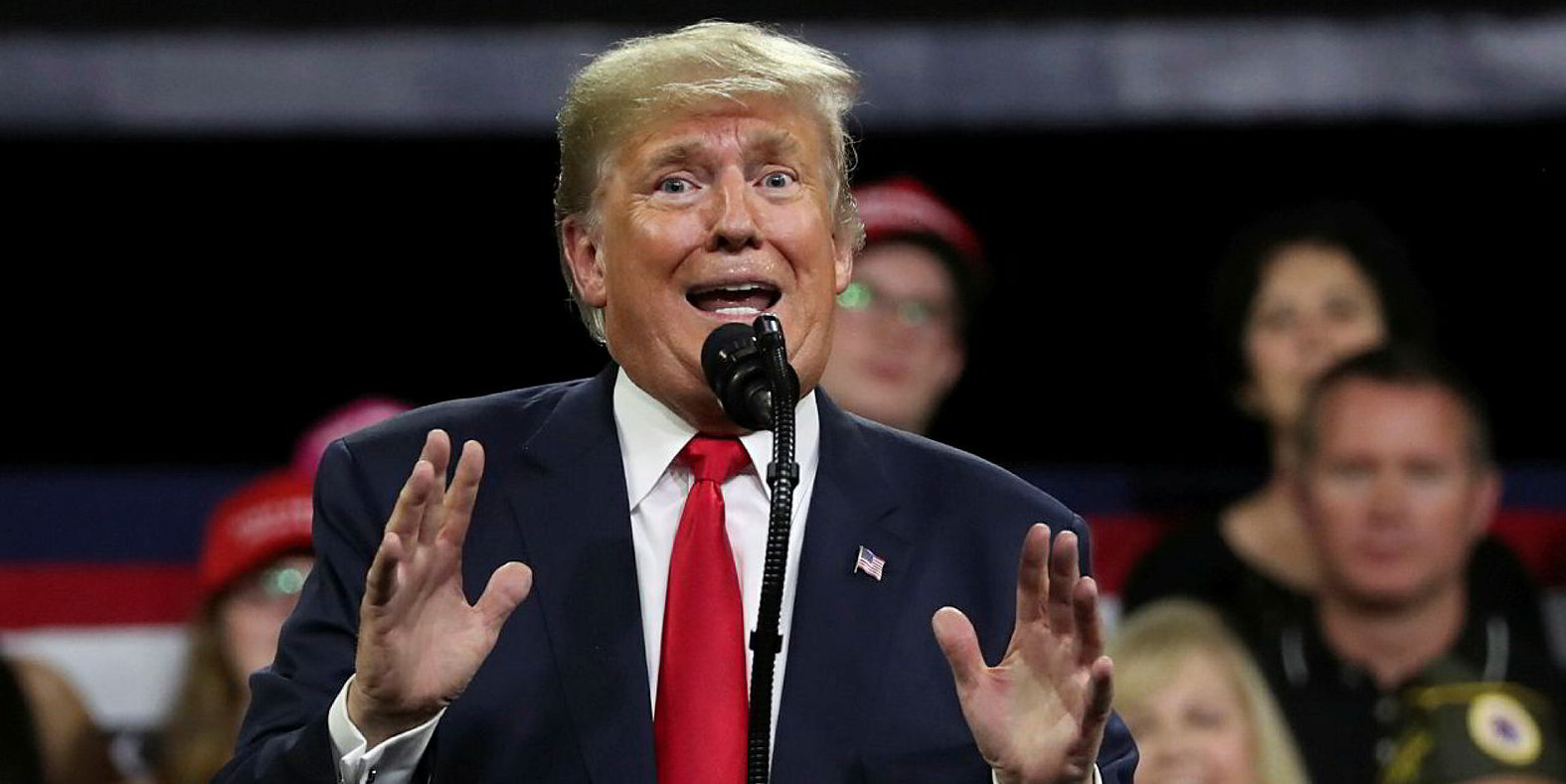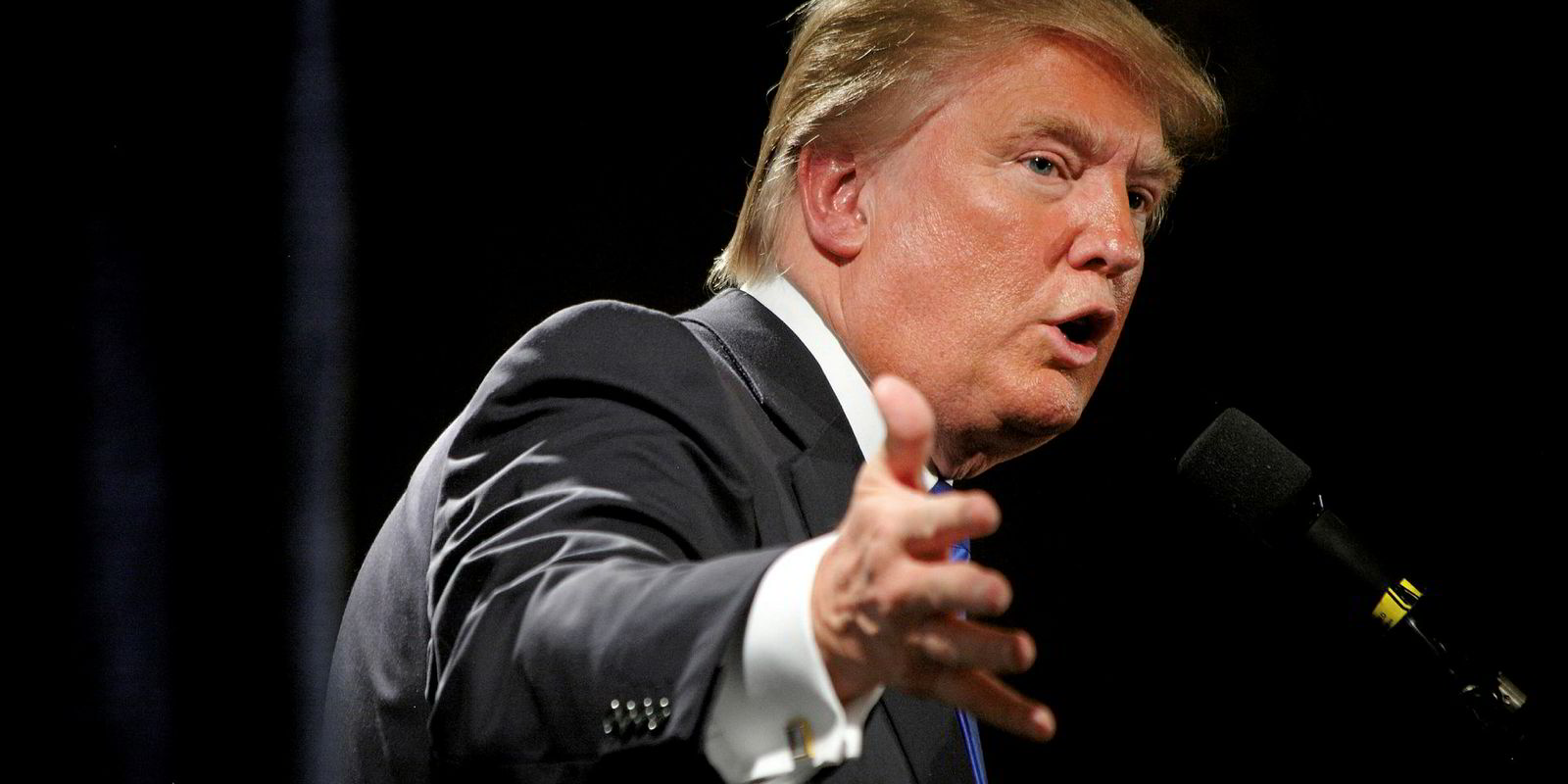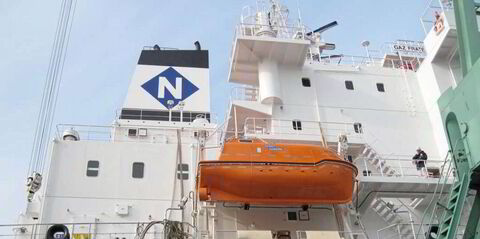Inward-looking trade policies and the rise of protectionism are threatening to hurt an otherwise positive outlook for global seaborne trade, according to the latest edition of an influential annual report.
Rising trade friction could derail the recovery seen in the last two years and reshape global maritime trade patterns, according to Unctad’s 2018 review of maritime trade.
The United Nations Conference on Trade and Development also warned that competition authorities would need to remain vigilant over the impact of the recent acceleration of mergers and takeovers in the liner shipping sector.
Overall prospects for seaborne trade are positive, Unctad said, with an expected 4% increase in 2018 the same as a year earlier.
If economic trends remain positive, seaborne traffic is expected to continue to rise at a compound rate of 3.8% between this year and 2023.
While volumes across all sectors are expected to grow, containerized and dry bulk commodity shipments are expected to rise at the fastest rate at the expense of tanker volumes.
“Projections of the rapid growth in dry cargo are in line a five-decade-long pattern that saw the share of tanker volumes being displaced by dry cargoes, dropping from 50% in 1970 to less than 33% in 2017,” Unctad said.
However, the report which is in its 50th year and compiled by Unctad’s trade facilitation chief Jan Hoffmann, warned the threat of growing global trade disputes would cloud prospects for shipping.
“While the prospects for seaborne trade are bright, downside risks such as increased inward-looking policies and the rise of trade protectionism are, nevertheless weighing on the outlook,” the report said.
Tensions between the world’s two biggest economies, the US and China, as well as with Mexico, Canada and the European Union are “an immediate concern”.
“Escalating trade frictions may lead to a trade war that could derail recovery, reshape global maritime trade patterns and dampen the outlook.”
Earlier this week, the chief executive of the International Air Transport Association warned that the US China trade war could have “significant impact” on the air cargo sector if it continues to escalate.
Although the first round of tariffs imposed by US president Donald Trump have been aimed mainly at bulk commodities such as steel and aluminum, if they spread to high-tech products and pharmaceuticals the impact on air cargo could be large.
Unctad said the implications of the rapid consolidation of the liner shipping sector over the last few years should be kept under close review by competition authorities.
“The implication of for competition levels, the potential for market power abuse by large shipping lines and the related impact on smaller players remain a concern,” the report said.
“Competition authorities and regulators, as well as relevant entities such as Unctad, need to remain vigilant.”






